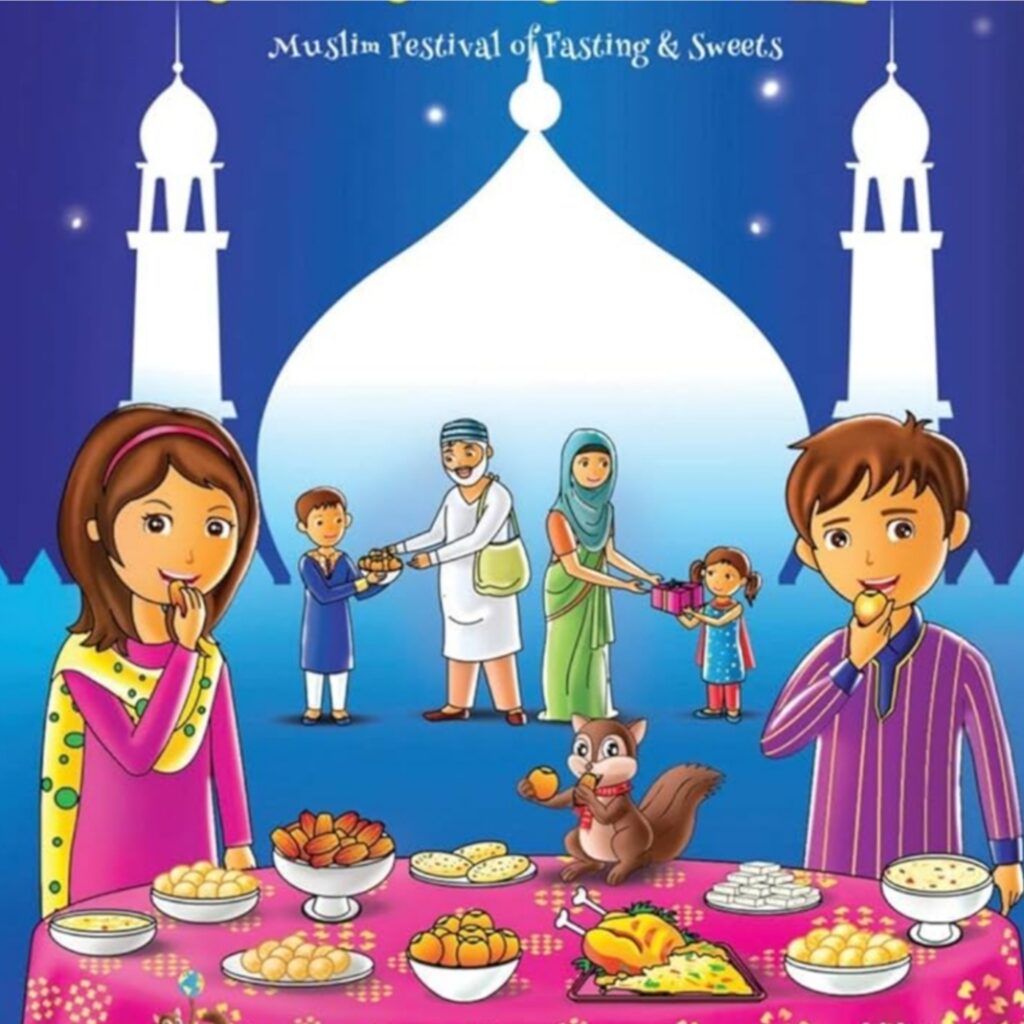
06. Religious and Cultural Festivals
Vesak festival

The Vesak festival is a significant event in the Buddhist calendar, commemorating the birth, enlightenment, and passing away of Prince Siddhartha, who later became the Buddha. This celebration is marked by both Amisa Pooja, which involves various offerings, and Pratipatti Pooja, emphasizing the practice of the Buddhist path. Buddhists worldwide participate in Vesak festivities, often centered around Buddhist shrines.
During Vesak, observant Buddhists adhere to sil, a code of moral conduct, and engage in bodhi pooja, a ritual honoring the Buddha’s enlightenment. Dansal, or free food stalls, are also set up to offer food to the community. Additionally, Buddhists decorate their homes with oil lamps, bulbs, and flags, and create elaborate Vesak pandols and greeting cards to celebrate the occasion.
Thai Pongal festival

The Thai Pongal festival is a significant celebration among Hindus, particularly in Tamil culture. It takes place in the month of Thai, which corresponds to January in the Tamil calendar. The festival’s name, Pongal, signifies the boiling of milk with newly harvested rice, symbolizing prosperity and abundance.
As part of the festival preparations, homes are thoroughly cleaned, and pandols (decorative arches) are erected using banana stems at the entrance. Elaborate Kolam patterns, made with rice flour and turmeric powder, adorn the floors. A central feature of Thai Pongal is the preparation of milk rice on a stove placed in the middle of the Kolam pattern.
Before sunrise, families offer a Purna-Kumbha, a pot filled with water, fresh mango leaves, and a coconut, along with milk rice, sugarcane, jaggery, fruits, and paddy, to the sun god as a form of thanksgiving. This act symbolizes gratitude for the harvest and a prayer for prosperity in the coming year.
Ramazan festival

The Ramadan festival is a significant observance in Islam, occurring during the ninth month of the Islamic calendar, known as Ramadan. Muslims around the world fast for 29-30 days from the sighting of the first moon of that month, a practice known as Sawm.
During Ramadan, Muslims abstain from eating and drinking from dawn until sunset. This act of fasting is intended to instill empathy for those less fortunate and to purify the soul. Muslims also engage in increased prayer, reading of the Quran, and acts of charity during this holy month.
One of the key aspects of Ramadan is the giving of Zakat, an obligatory charity, and Sadaqa, a non-compulsory form of charity. Zakat al-Fitr, a specific charity of about 2kg of rice or wheat per person, is given to ensure that even the less fortunate can enjoy the Eid al-Fitr feast.
Christmas

The Christmas festival celebrates the birth of Jesus Christ and is a significant event in the Christian calendar. The word “Christmas” is derived from the Portuguese term “Natal” and the Latin term “natalis,” both meaning “birth.”
According to Christian belief, Jesus Christ, often referred to as the Prince of Peace, was born in a stable in Bethlehem during a census. His birth is seen as a fulfillment of prophecies and marks the beginning of the Christian faith.
Christmas is typically celebrated on the 25th of December, with midnight Mass being a central part of the festivities. Christians also prepare by gathering food and new clothes, decorating Christmas trees, and creating Nativity scenes, depicting the birth of Jesus.
The figure of Santa Claus, based on the historical Saint Nicholas, is a beloved character associated with Christmas, especially among children. Christmas carols, plays, and films are also popular during this time, adding to the festive spirit of the season.


